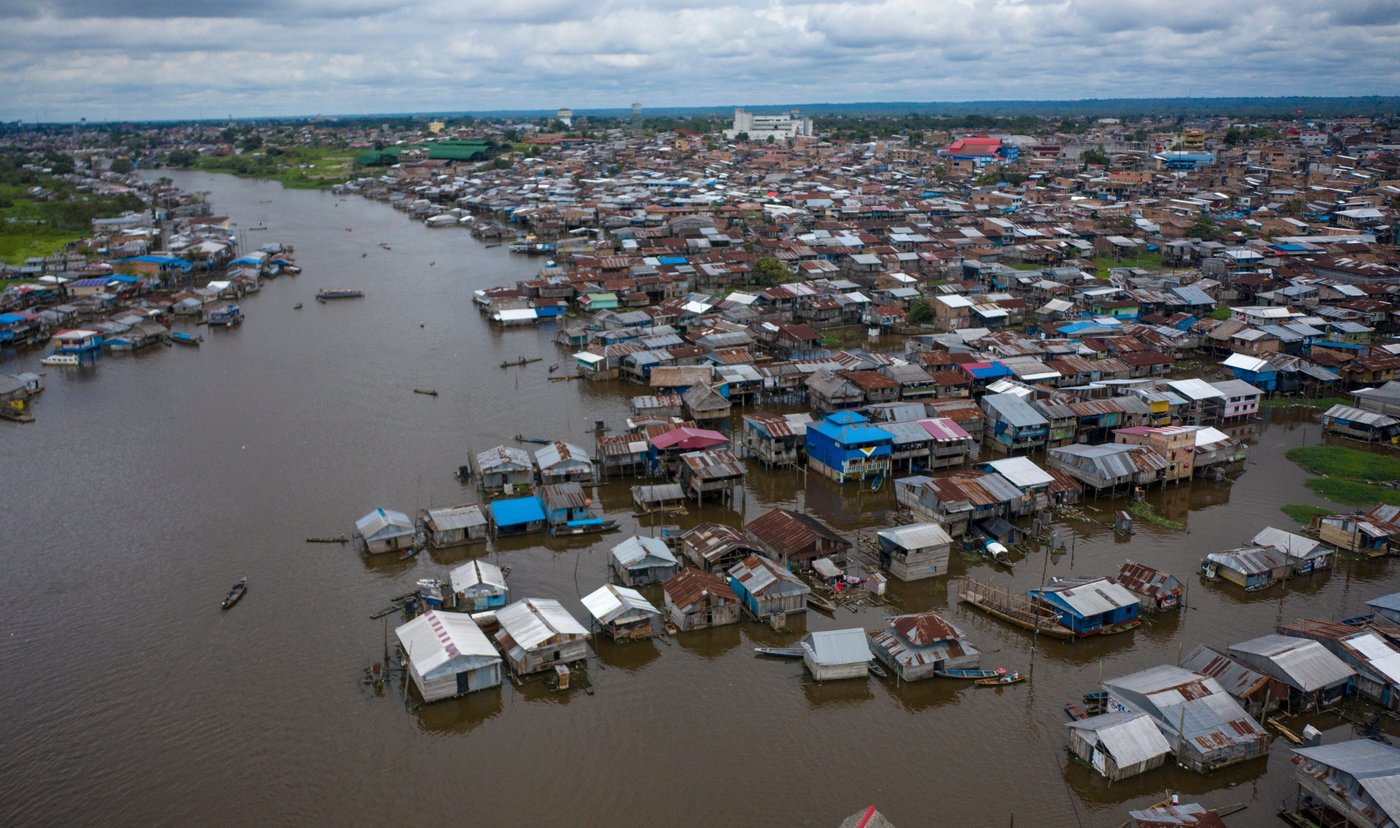Elevate your local knowledge
Sign up for the iNFOnews newsletter today!
Sign up for the iNFOnews newsletter today!
Selecting your primary region ensures you get the stories that matter to you first.

BOGOTA, Colombia (AP) — A South American trade bloc ruled Monday that Peru is failing to meet its commitments to curb illegal gold mining and mercury trafficking, siding with Indigenous groups who say their Amazon rivers and food supply are being poisoned.
The decision by the Andean Community — which includes Peru, Colombia, Ecuador and Bolivia — orders Peru to urgently reform its laws, seize machinery that sucks up river sediment and other mining equipment, and end extensions of a registry for informal miners that critics say shields illegality.
It is the first time the Andean Community has taken up a case of this kind and formally ruled against a member country as authorities try to find mechanisms to crack down on the growing trade.
Illegal gold mining has spread widely across the Amazon as global demand and soaring gold prices make the trade increasingly lucrative. Analysts expect gold will see gains toward $4,000 per ounce by 2026. Mercury is widely used to separate gold from sediment, but it contaminates waterways, accumulates in fish and builds up in human bodies — posing particular risks to children and pregnant women.
Peru has 20 working days to comply and report what steps it has taken or plans to take to bring its laws into line. If it fails, the case could be referred to the bloc’s Tribunal of Justice, which has the power to impose binding trade sanctions on member states.
The complaint was filed at the end of June by a coalition of Indigenous and rural communities from the Nanay River basin, who say mercury from illegal gold mining is poisoning fish and rivers in Peru’s northern Amazon. Hair samples collected in the area have shown mercury levels far above World Health Organization safety limits, and researchers have linked exposure to rashes, stomach illness and neurological damage.
“In some way it is a response to the demands of communities affected by mercury contamination, and it is also a message for other countries that they must make the effort to comply and to respect everyone’s right to live in a healthy and adequate environment,” said Peruvian environmental lawyer, César Ipenza.
Ipenza said that if the country fails to comply, the sanctions would be economic, such as tariffs on Peruvian products within the four Andean nations. The decision could also set precedent and lead to rulings against other countries, he said.
Peru has launched occasional crackdowns on illegal mercury, including the 2019 “Operation Mercury” raid in the Madre de Dios region in the Peruvian Amazon and a record seizure of contraband mercury earlier this year at the port of Callao. But Indigenous groups say enforcement remains patchy and corrupt networks allow the trade to flourish.
The AP did not receive a response for a request to comment from either Peru’s Ministry of Foreign Trade and Tourism or Ministry of Culture, the government office that oversees Indigenous affairs.
“It is a warning to the countries that are destinations for the gold. They must have greater clarity about its origin,¨ Ipenza said.
¨They need due diligence mechanisms beyond just paperwork, to prevent trading in gold that comes from the destruction of the Amazon, from contamination and from the violation of fundamental human rights.”
___
The Associated Press’ climate and environmental coverage receives financial support from multiple private foundations. AP is solely responsible for all content. Find AP’s standards for working with philanthropies, a list of supporters and funded coverage areas at AP.org.
This site is protected by reCAPTCHA and the Google Privacy Policy and Terms of Service apply.
Want to share your thoughts, add context, or connect with others in your community?
You must be logged in to post a comment.